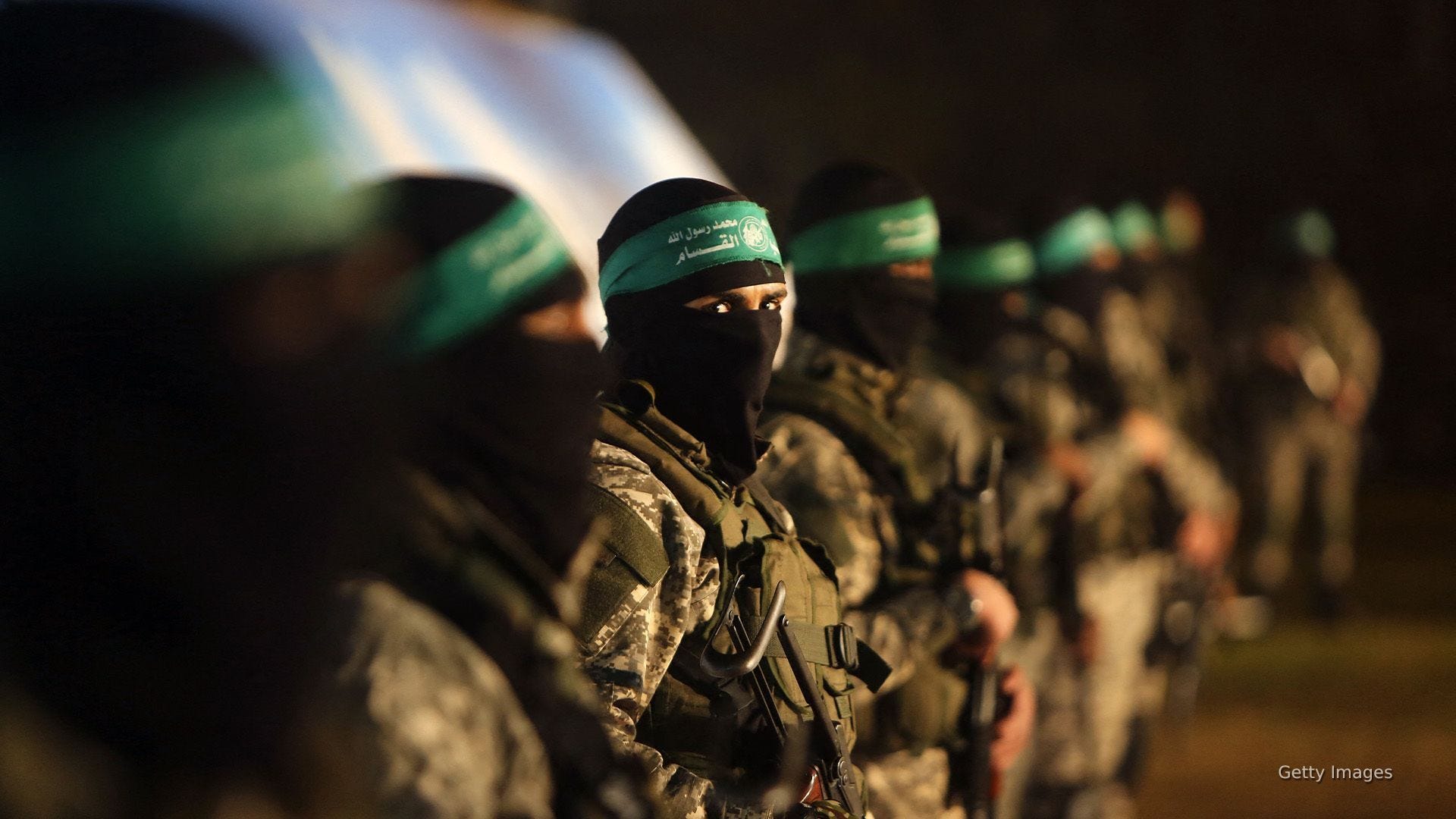Peace in Israel isn't possible until Palestinians stop paying terrorists to kill | Opinion
The Palestinian Authority's 'pay to slay' program perversely rewards more money to those Palestinians convicted of the worst crimes against Israelis.

An 83-year-old Holocaust survivor, Ludmila Lipovsky, was brutally murdered last month in Israel while waiting for her daughter to take her to a doctor’s appointment. A 28-year-old Palestinian man from the West Bank is accused of stabbing her to death.
This horrific act is yet another example of the violence incentivized by a multimillion dollar program known as “pay to slay," which is written into Palestinian law and governed by the Palestinian Authority.
Some view it as simply a system that rewards Palestinians for committing acts of terrorism against Jewish Israelis. In reality, it is a deeply ingrained economic structure and societal program in the West Bank and Gaza that incentivizes violence, thus undermining any chance of a sustainable peace deal.
The program provides monthly payments to Palestinians convicted of violent acts against Israelis and imprisoned for their crimes. Crucially, these payments are not extended to those convicted of non-terror-related crimes. The payments increase with the length of the prison sentence, which perversely rewards perpetrators of the worse crimes.
For example, as of 2017, a prisoner sentenced to up to three years receives $400 monthly, while someone sentenced to 10 to 15 years earns more than $1,500 monthly. During incarceration, the Palestinian Authority also pays the individual’s social security and pension fees. The payments to prisoners are adjusted to account for increases in the cost of living.
Upon release, the benefits continue. Released prisoners receive a lump-sum grant ranging from $1,500 to $25,000, depending on the duration of their imprisonment. Employment in government institutions is guaranteed, with job placements prioritized based on years spent in prison. Those who cannot secure jobs receive unemployment stipends − provided they served at least five years for men or two years for women.
Moreover, released prisoners enjoy free college education and lifelong health care. A male prisoner who has spent at least one year in an Israeli prison is exempt from tuition fees at Palestinian universities and professional training programs, as well as from health insurance payments.
If a terrorist is killed during an attack or by Israeli forces, their family is supported through the “martyrs” fund. Families receive monthly payments − spouses for life and children until they reach adulthood − ranging from $100 to $1,200.
US law targets payments to terrorists
The “pay to slay” program has faced significant international criticism. In 2014, the Palestinian Authority nominally shifted responsibility for these payments to the Palestine Liberation Organization in an attempt to deflect criticism.
However, the payments persisted.
The United States responded in 2018 by enacting the Taylor Force Act, which conditions certain economic aid to the Palestinian Authority on the cessation of payments to terrorists and their families. Despite this, the PA allocated more than $300 million for these payments in the same year.
By last year, the PA increased annual payouts by $16.2 million monthly, adding new beneficiaries − 900 prisoners from Gaza and tens of thousands additional “martyrs,” including those involved in the Oct. 7, 2023, attacks against Israel.
For many Palestinians, the “pay to slay” program represents more than an incentive for terrorism; it is a pathway to social mobility. In a society plagued by high unemployment and limited opportunities, the program offers guaranteed income, education and employment − benefits beyond what the average Palestinian can expect.
Last year, the average monthly wage for a West Bank employee was approximately $380, making the program’s payments particularly attractive.
This framework not only incentivizes violence but also institutionalizes it as a viable alternative to legitimate societal progress. It perpetuates a cycle of violence, ensuring that attacks against Israelis remain frequent and deeply ingrained in the fabric of Palestinian society.
For Israel and the international community, the “pay to slay” program is a clear obstacle to peace. It is not merely an economic subsidy but a societal institution designed to sustain violence. The program even includes bonuses for Arab-Israeli terrorists, further fueling tensions.
In a 2017 speech, Israeli Prime Minister Benjamin Netanyahu directly addressed Palestinian President Mahmoud Abbas, asking, “How can you speak about peace with Israel and at the same time pay murderers who spill the blood of innocent Israelis?” That question remains unanswered.
Trump administration worked to end 'pay to slay'
Multiple Israeli administrations, including ones during Donald Trump’s first presidency, have urged international pressure on the PA to end these payments. The issue is expected to resurface prominently when Trump returns to office.
Resolving the Israel-Palestine conflict has become a critical component of finalizing the Abraham Accords, especially with nations like Saudi Arabia.
Trump’s senior adviser on Arab and Middle Eastern affairs, Massad Boulos, has already acted as an intermediary between the PA and its leader. Abbas has reportedly reached out to Boulos since Trump’s reelection, signaling potential dialogue.
However, dialogue alone will not suffice. The “pay to slay” program must be dismantled, like the terrorist organizations that fund it, piece by piece.
Until then, it will remain a societal and economic framework that incentivizes terrorism, obstructs peace and fuels international instability. No serious effort to resolve the Israel-Palestine conflict can succeed while this program continues to operate.
John Spencer is chair of urban warfare studies at the U.S. Military Academy West Point’s Modern War Institute.